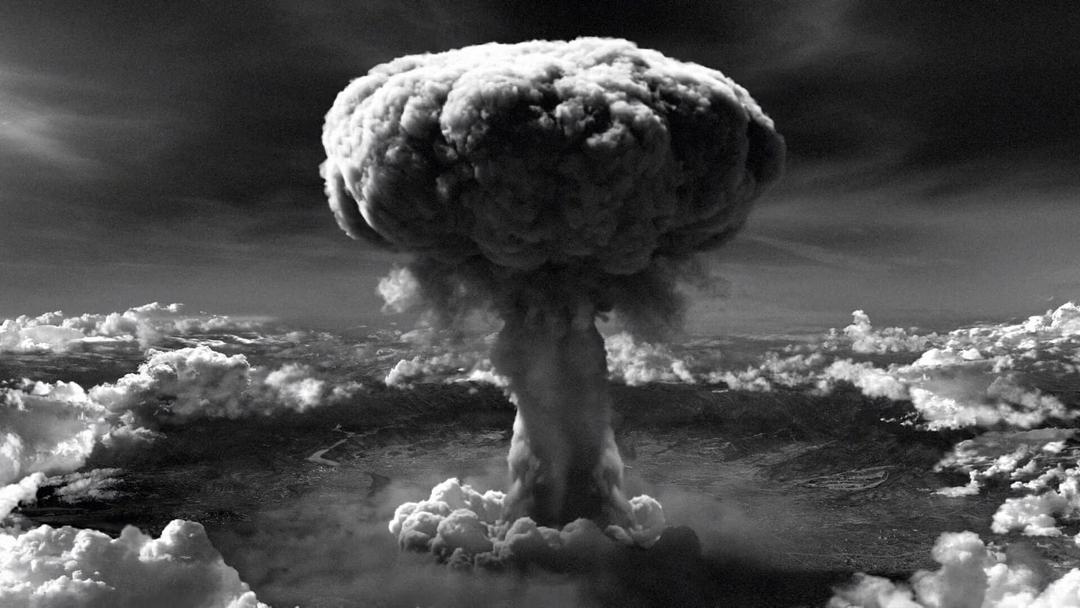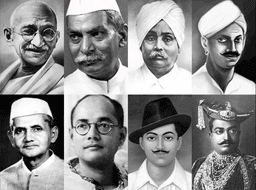On August 6th each year, the world stands still for a moment, reflecting on the horrifying events of 1945 when Hiroshima was obliterated by an atomic bomb. This day serves as an acute reminder of the devastations of war, the responsibilities of global powers, and the desperate plea for peace. Let’s delve into the various dimensions surrounding Hiroshima Day and its profound implications.
Historical Context
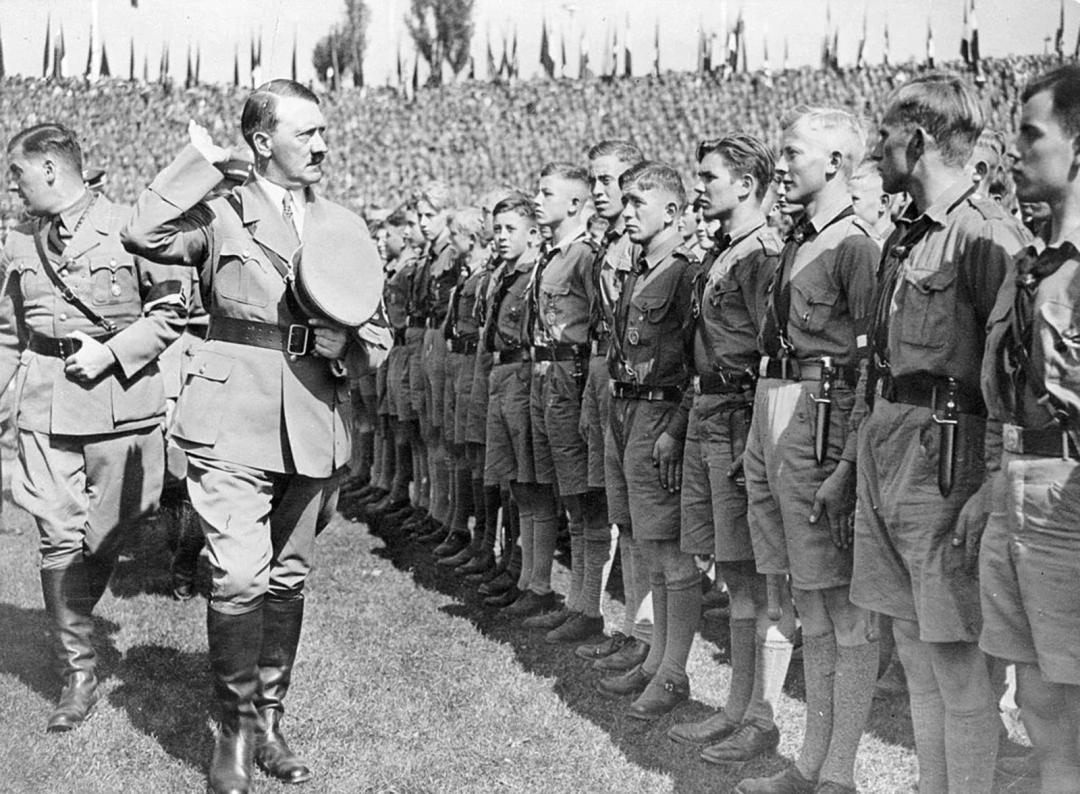
As World War II raged on, causing upheaval globally, the United States sought to expedite its conclusion. After successfully developing atomic bombs under the Manhattan Project, the decision was made to use them against Japan. Hiroshima and Nagasaki bore the brunt of this decision, becoming the tragic sites of the world’s first and only nuclear warfare attacks. These bombings forever changed the trajectory of global politics and warfare ethics.
Hiroshima and Nagasaki: The Atomic Decision
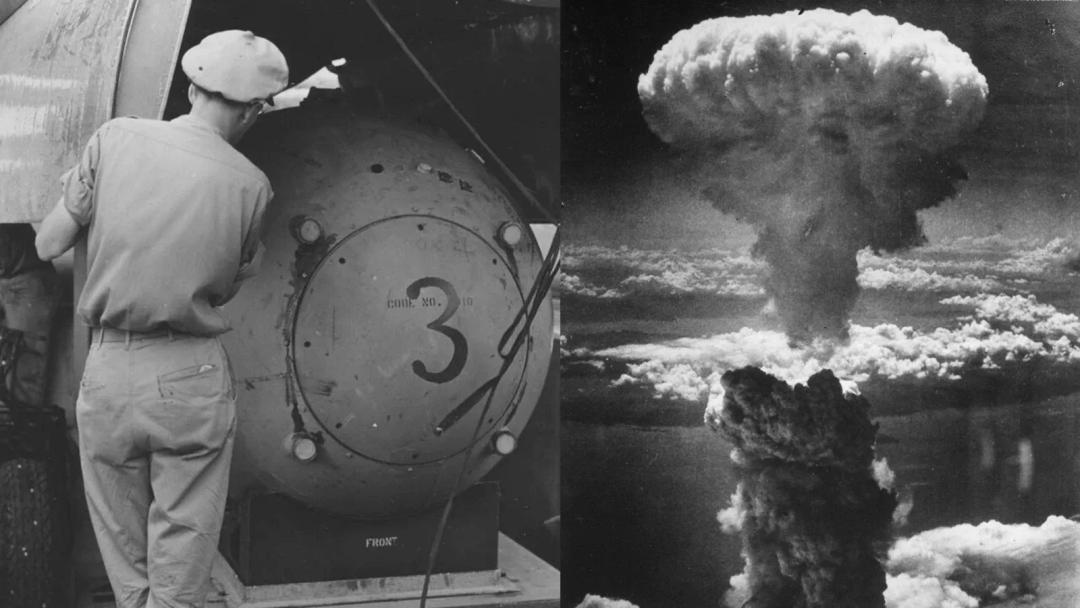
The U.S. choice to bomb Hiroshima and Nagasaki was multi-faceted. Japan's refusal to surrender unconditionally, even after devastating events like Tokyo's firebombing, heightened invasion fears. Meanwhile, the Soviet Union's entry into the Pacific war and burgeoning Cold War tensions influenced the U.S.'s atomic show of strength, aiming both to hasten Japan's capitulation and signal American global dominance.
Immediate Impact
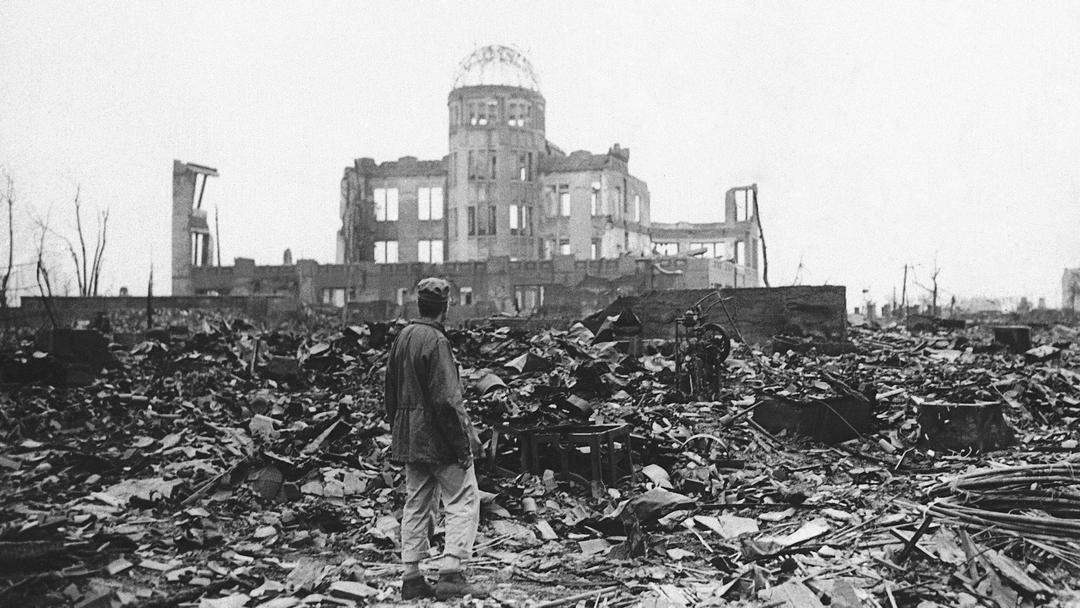
The morning of August 6 witnessed Hiroshima's almost destruction. Within seconds, about 70,000 people were annihilated. Infrastructure crumbled, and fires engulfed the city. The subsequent weeks saw the death toll rise exponentially due to injuries, burns, and radiation sickness. By year's end, the fatalities from the immediate blast and its aftereffects nearly doubled.
Hiroshima & Nagasaki: The Second Bombing
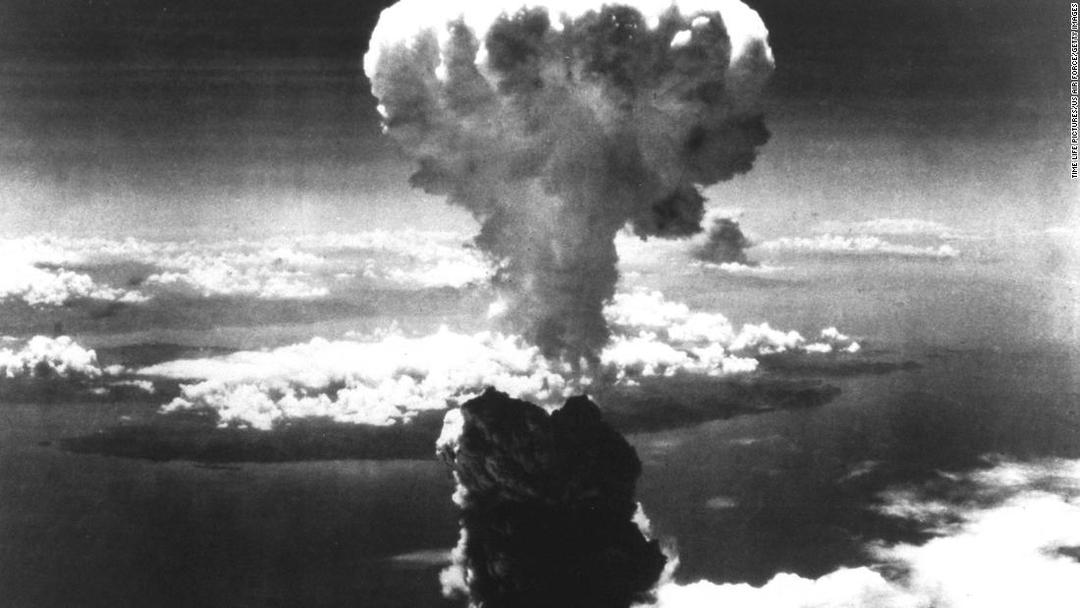
If the world was still reeling from Hiroshima, Nagasaki's bombing on August 9 deepened the horror. Another 40,000 people were killed instantly, and just like Hiroshima, the city faced the long-term deadly consequences of radiation and infrastructural damage. The two bombings remain stark reminders of nuclear weapons' horrific potential.
Significance
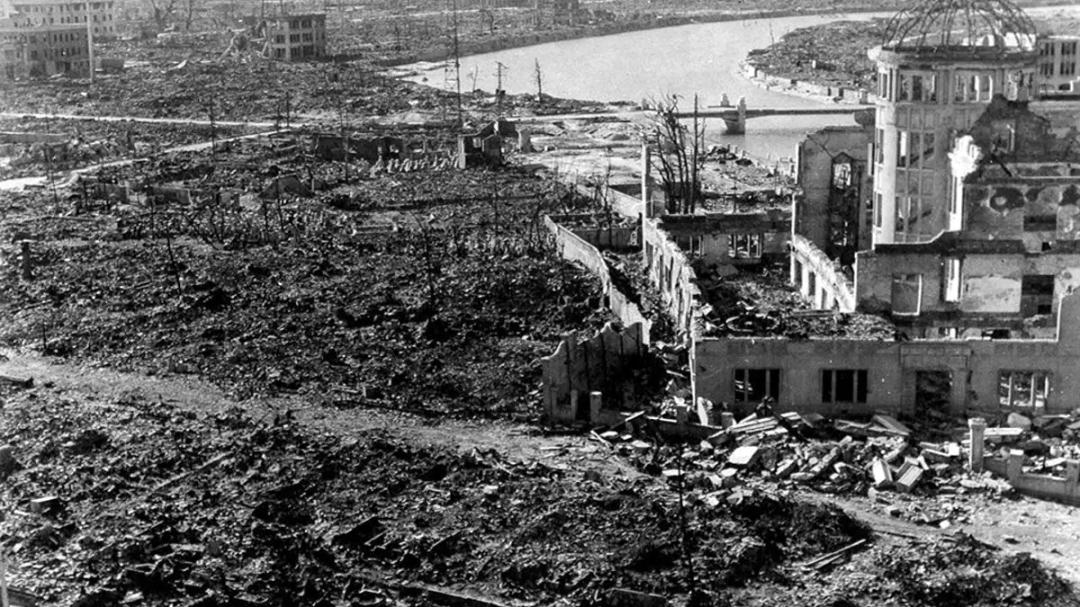
Hiroshima Day serves multiple purposes. Beyond commemorating the lives lost, it highlights the catastrophic repercussions of nuclear conflict. The day fosters a commitment to global disarmament, underlining the importance of diplomacy, understanding, and peace over violent confrontations and warfare. It stands as an enduring plea to humanity to never tread this path again.
Important Dates
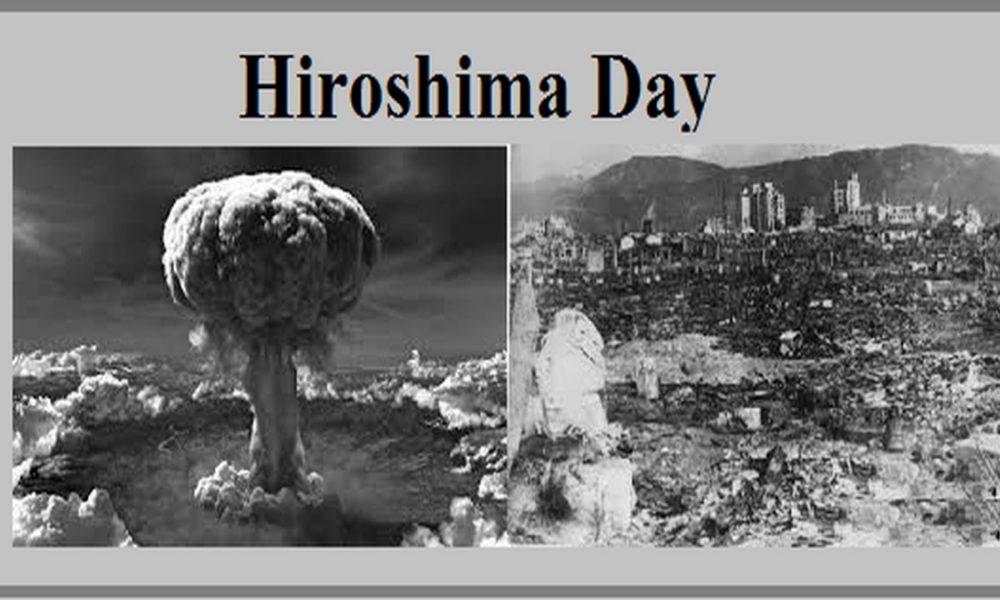
August 6 (Hiroshima) and August 9 (Nagasaki) are undeniably the focal points. However, the subsequent months in 1945 were just as significant. By December, the total death toll from both cities due to the immediate and prolonged effects of the bombs reached around 200,000. These dates and figures serve as sombre milestones in our shared history.
Books on the Bombings
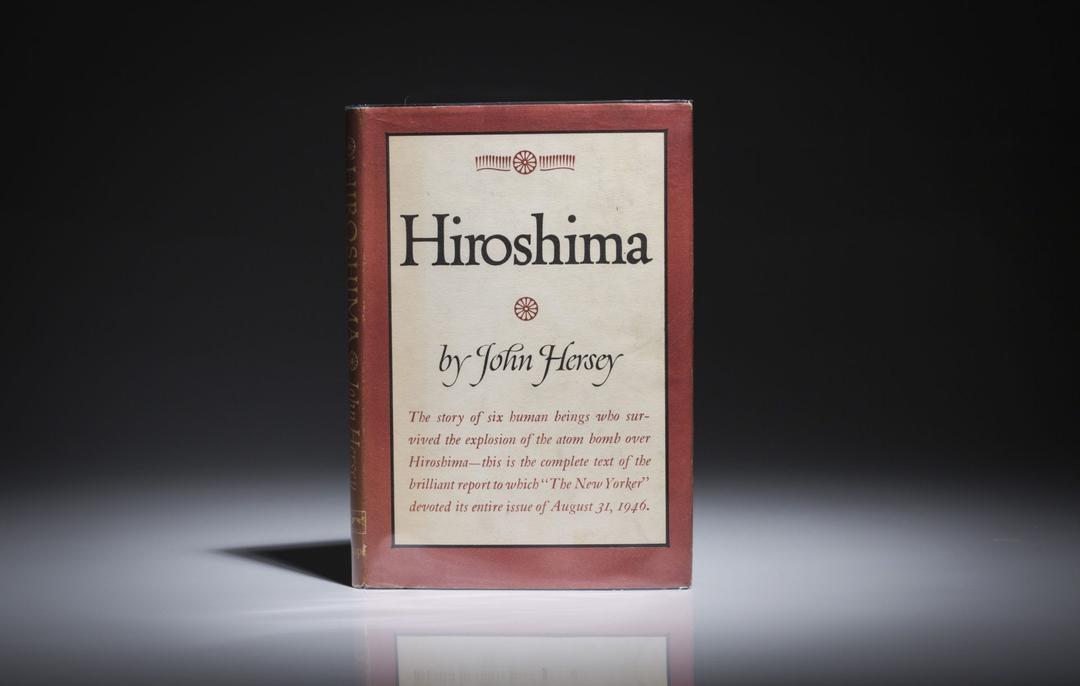
Literature provides a poignant window into the human stories behind statistics. John Hersey's "Hiroshima" stands out, portraying the aftermath through the eyes of survivors. Beyond numbers and strategic analyses, these accounts humanize the tragedy, making the events palpable and deeply personal, urging us to remember and learn.
Events Around the World
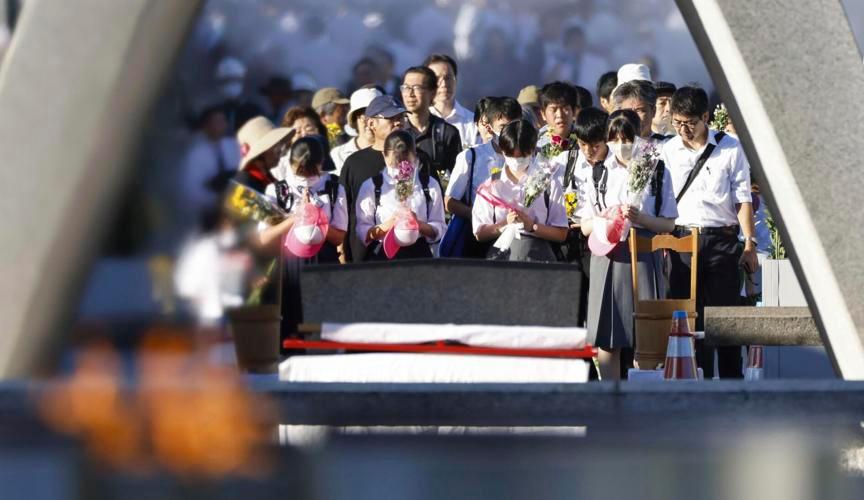
Every year, nations globally organize events to mark these tragedies. Hiroshima and Nagasaki host significant peace ceremonies. Elsewhere, communities light candles, hold silent vigils, conduct peace marches, and organize seminars. These activities aim to educate new generations, ensuring that the memories and lessons from 1945 remain relevant.
Hiroshima Peace Memorial Park
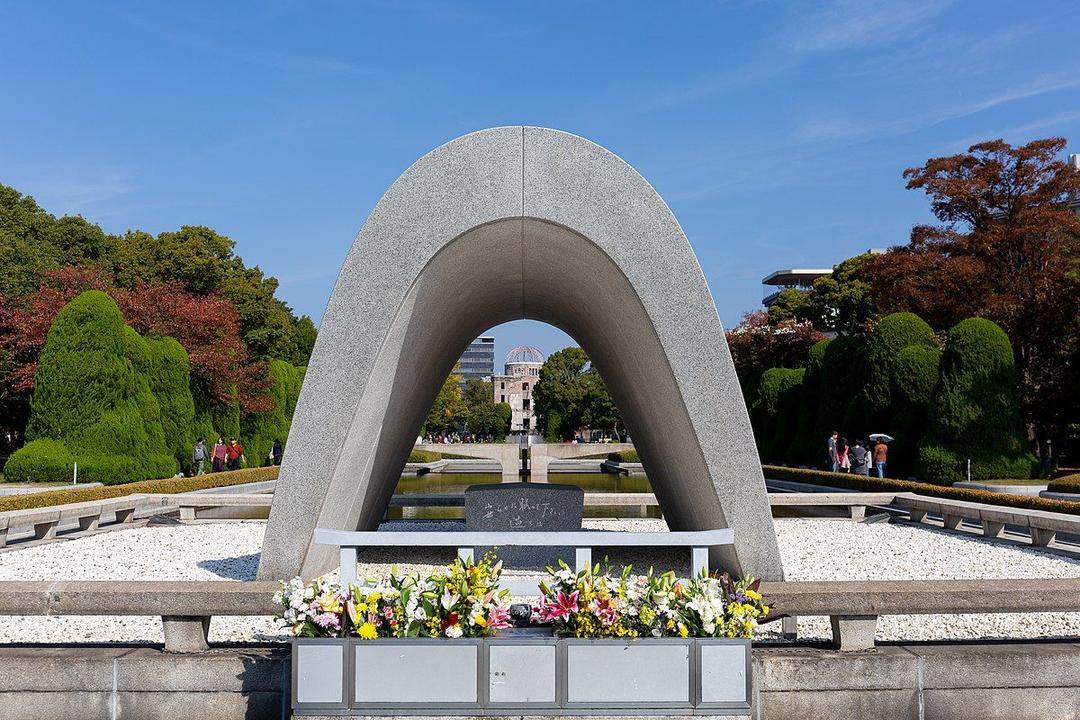
Located at the bomb's epicentre, this park serves multiple roles: a tribute to victims, a place of reflection, and a beacon for peace. Its landmarks, particularly the haunting A-Bomb Dome, silently narrate the tragedy, urging visitors to commit to a world free from such horrors.
Children's Peace Monument
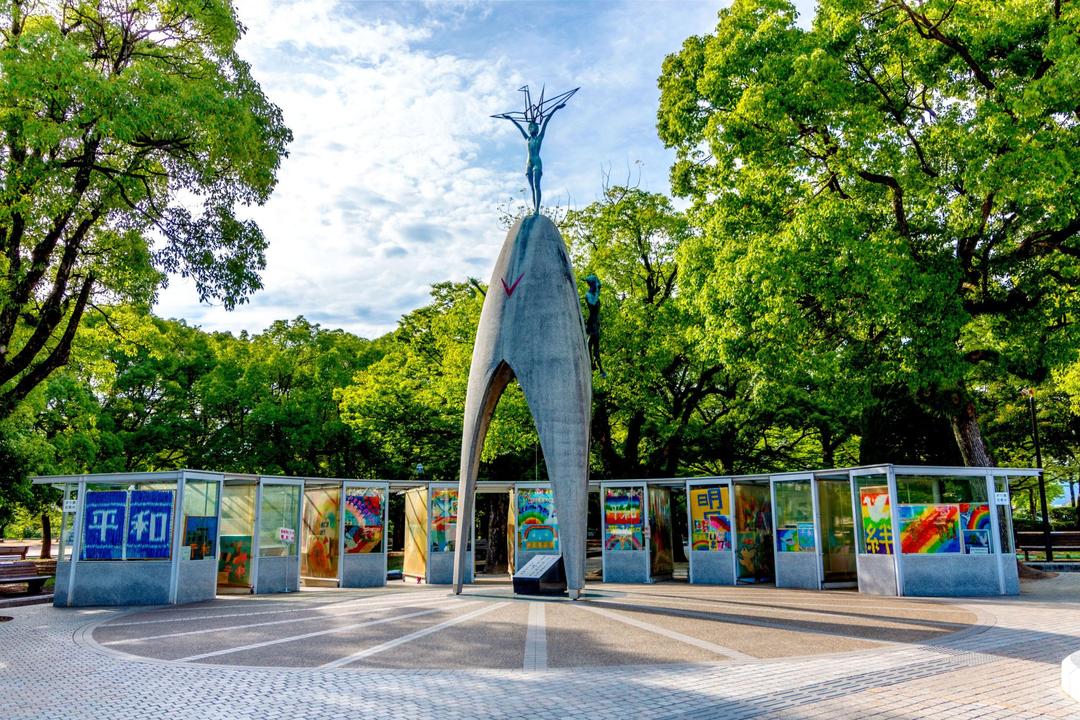
The tragic tale of Sadako Sasaki, who tried folding 1,000 origami cranes to combat her radiation-induced leukaemia, birthed the Children's Peace Monument. Today, it's festooned with countless paper cranes from around the world, symbolizing shared hopes for a peaceful future.
Economic and Environmental Impact
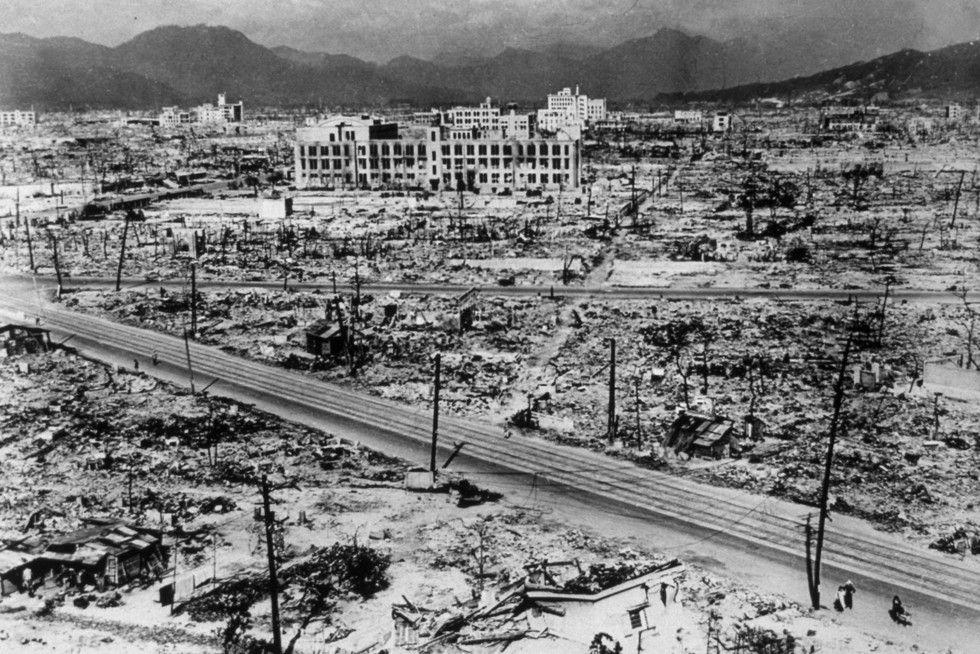
Beyond the immediate human cost, the bombings wreaked havoc on Hiroshima and Nagasaki's ecosystems and economies. Rivers were contaminated, the soil was rendered infertile, and for years, rebuilding the cities' infrastructures and economies was a monumental task. The long-term environmental repercussions further underscore the breadth of nuclear warfare's consequences.
Global Nuclear Disarmament Movement
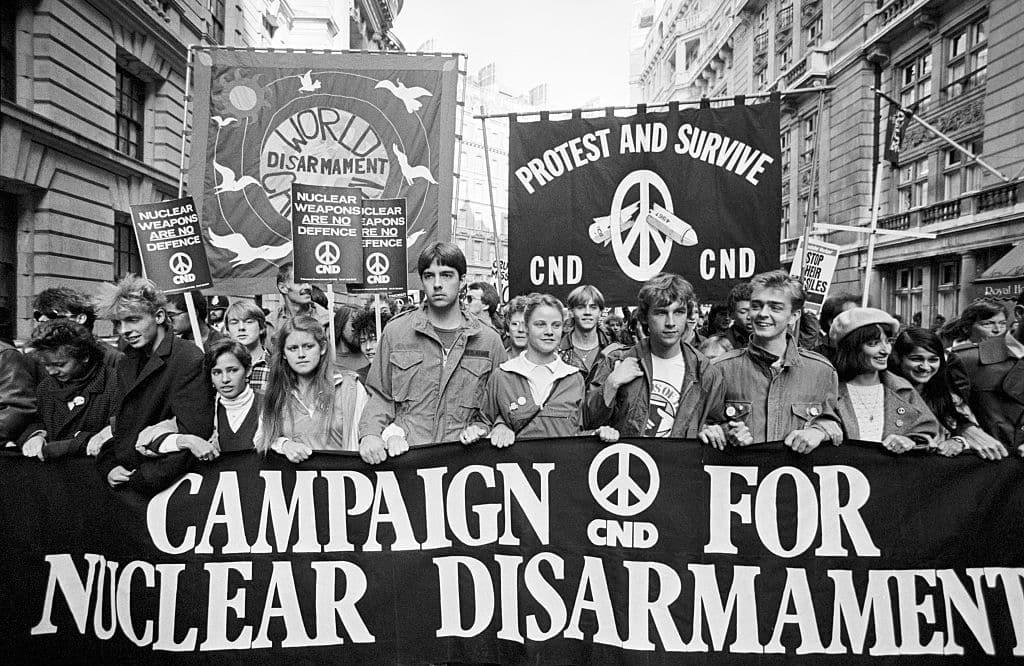
The bombings directly catalyzed the global push for nuclear disarmament. Hiroshima and Nagasaki's tragedies became rallying points for activists and global leaders advocating against nuclear weapon proliferation. They serve as powerful reminders that the costs of a nuclear conflict are too high and have galvanized movements toward peace and disarmament worldwide.
Conclusion
As we remember Hiroshima and Nagasaki, it's not just about revisiting the horrors of the past, but about understanding our responsibilities in the present and shaping a safer, more compassionate future. The stories of survivors, the images of devastated cities, and the lessons from these tragedies should serve as a moral compass for current and future generations. The echoes from these events implore us to champion dialogue over discord, understanding over misunderstanding, and most crucially, peace over conflict. Every Hiroshima Day is an opportunity to recommit to these ideals, ensuring that the sacrifices and lessons of 1945 are never in vain.
Test your knowledge of History. Visit: https://www.quizzop.com/history-quiz/category
